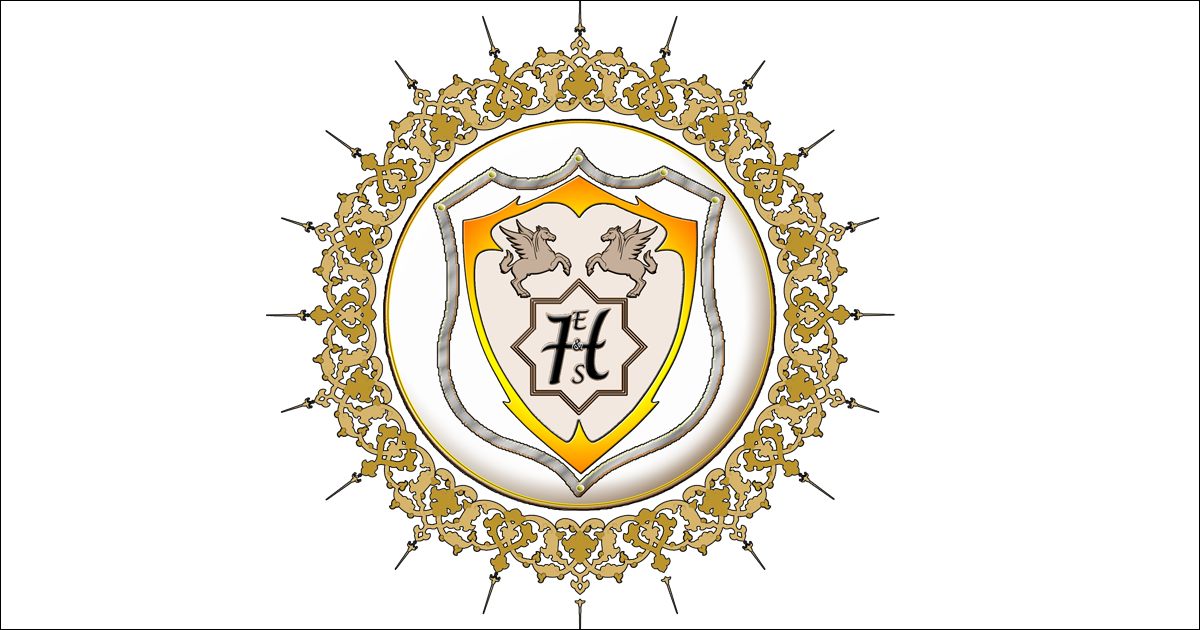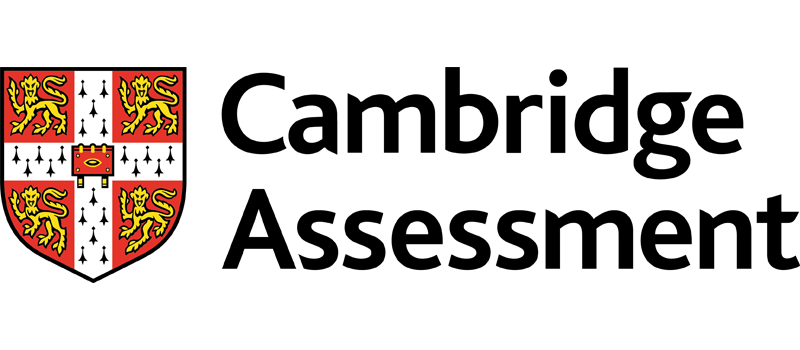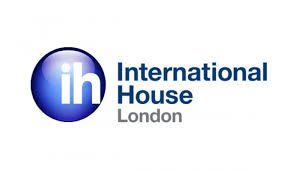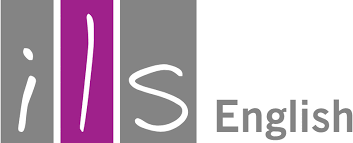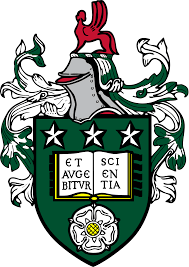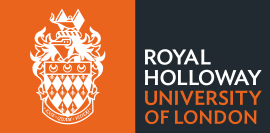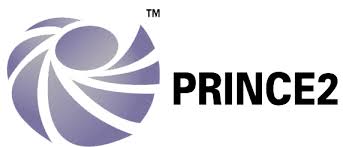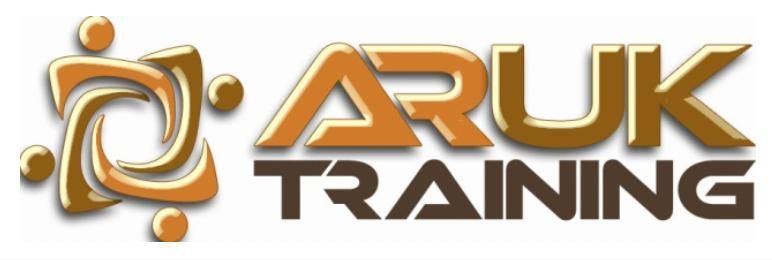
Scenario Planning and Forecasting
Course ID: 2507070101359ESH
Course Dates : 07/07/25 Course Duration : 5 Studying Day/s Course Location: London, UK
Language: Bilingual
Course Category: Professional and CPD Training Programs
Course Subcategories: Operations and Process Excellence
Course Certified By: ESHub CPD & LondonUni - Executive Management Training
* Professional Training and CPD Programs
Leading to:
Executive Diploma Certificate
Leading to:
Executive Mini Masters Certificate
Leading to
Executive Masters Certificate
Certification Will Be Issued From :
From London, United Kingdom
Course Fees: £5,120.30
Vat Not Included in the price. VAT may vary depending on the country where the course or workshop is held.
Click to Pay
Date has passed please contact us Sales@e-s-hub.com
Course Information
Introduction
Scenario planning and forecasting have emerged as indispensable tools for navigating the complexities of modern decision-making. In an era marked by rapid technological advancements, shifting consumer behaviors, and unforeseen global disruptions, organizations must anticipate and adapt to change proactively. This course delves into the methodologies and frameworks that enable professionals to envision multiple plausible futures, assess their implications, and craft robust strategies. By mastering these techniques, participants will be equipped to guide their organizations through uncertainty with confidence and clarity.
The relevance of scenario planning and forecasting extends across industries, from finance and healthcare to manufacturing and public policy. Consider the case of a multinational corporation that successfully navigated supply chain disruptions during the COVID-19 pandemic by leveraging scenario analysis. By anticipating potential disruptions and designing contingency plans, the organization minimized losses and maintained operational continuity. Such examples underscore the critical role of forward-thinking approaches in mitigating risks and seizing opportunities. Despite its proven value, many organizations struggle to implement these practices effectively due to gaps in knowledge, inadequate tools, or resistance to change.
One of the key challenges lies in overcoming cognitive biases and organizational inertia. Decision-makers often rely on historical data and linear projections, which may fail to account for disruptive events or paradigm shifts. Theories such as Kahneman and Tversky’s work on behavioral economics highlight how human judgment can be skewed by overconfidence or anchoring effects. This course addresses these pitfalls by introducing participants to structured methodologies like the Delphi technique, cross-impact analysis, and probabilistic forecasting. These tools foster a disciplined approach to exploring uncertainties and crafting actionable insights.
Mastering scenario planning and forecasting offers significant benefits for both individuals and organizations. For professionals, it enhances strategic thinking, problem-solving, and leadership capabilities—qualities highly valued in competitive job markets. Organizations, on the other hand, gain a competitive edge by improving their agility, resilience, and ability to innovate. A notable example is Shell Oil Company, which has long employed scenario planning to navigate volatile energy markets. Their success demonstrates how foresight can transform challenges into opportunities, driving sustainable growth and stakeholder value.
The course also aligns with emerging industry trends, such as the rise of artificial intelligence (AI) and big data analytics in predictive modeling. While AI-powered tools enhance the precision of forecasts, they require human oversight to interpret results and integrate them into broader strategic contexts. Participants will explore how to combine quantitative methods with qualitative insights, ensuring a holistic approach to future-oriented decision-making. Additionally, the course emphasizes ethical considerations, such as avoiding bias in data selection and maintaining transparency in communication.
Through real-world applications and interactive exercises, participants will gain hands-on experience in applying scenario planning and forecasting techniques. Whether developing long-term business strategies, assessing market trends, or preparing for regulatory changes, the skills acquired in this course are directly transferable to professional settings. By fostering a culture of proactive planning and evidence-based decision-making, this training empowers individuals and organizations to thrive in an increasingly uncertain world.
Objectives
By attending this course, participants will be able to:
Analyze the principles and methodologies of scenario planning and forecasting, including their theoretical foundations and practical applications.
Evaluate the impact of external factors—such as economic trends, geopolitical shifts, and technological innovations—on organizational strategy.
Design comprehensive scenarios using frameworks such as the PESTLE analysis, SWOT analysis, and cross-impact matrices.
Implement probabilistic forecasting models to quantify uncertainties and inform decision-making processes.
Apply ethical guidelines and best practices in data collection, interpretation, and communication to ensure integrity and accountability.
Synthesize insights from diverse sources to develop actionable recommendations tailored to specific organizational needs.
Assess the effectiveness of scenario planning initiatives through performance metrics and feedback mechanisms.
Who Should Attend?
This course is ideal for:
Strategic planners, analysts, and consultants seeking to enhance their ability to anticipate and respond to future challenges.
Senior executives and managers responsible for guiding organizational strategy and ensuring long-term sustainability.
Project managers and team leaders tasked with aligning operational goals with broader strategic objectives.
Policy makers and public sector professionals involved in shaping regulations, policies, and community development plans.
Data scientists and researchers interested in integrating qualitative and quantitative approaches to improve predictive accuracy.
These groups will find the course valuable as it bridges the gap between theory and practice, equipping them with practical tools to address real-world problems. While prior exposure to strategic planning or data analysis is beneficial, the course is designed to accommodate beginners and intermediate learners, providing foundational knowledge before progressing to advanced topics.
Training Method
• Pre-assessment
• Live group instruction
• Use of real-world examples, case studies and exercises
• Interactive participation and discussion
• Power point presentation, LCD and flip chart
• Group activities and tests
• Each participant receives a 7” Tablet containing a copy of the presentation, slides and handouts
• Post-assessment
Program Support
This program is supported by:
* Interactive discussions
* Role-play
* Case studies and highlight the techniques available to the participants.
Daily Agenda
Daily Schedule (Monday to Friday)
- 09:00 AM – 10:30 AM Technical Session 1
- 10:30 AM – 12:00 PM Technical Session 2
- 12:00 PM – 01:00 PM Technical Session 3
- 01:00 PM – 02:00 PM Lunch Break (If Applicable)
- Participants are expected to engage in guided self-study, reading, or personal reflection on the day’s content. This contributes toward the CPD accreditation and deepens conceptual understanding.
- 02:00 PM – 04:00 PM Self-Study & Reflection
Please Note:
- All training sessions are conducted from Monday to Friday, following the standard working week observed in the United Kingdom and European Union. Saturday and Sunday are official weekends and are not counted as part of the course duration.
- Coffee and refreshments are available on a floating basis throughout the morning. Participants may help themselves at their convenience to ensure an uninterrupted learning experience Provided if applicable and subject to course delivery arrangements.
- Lunch Provided if applicable and subject to course delivery arrangements.
Course Outlines
Foundations of Scenario Planning and Forecasting
Introduction to scenario planning: history, evolution, and key concepts.
Understanding the role of uncertainty in decision-making.
Overview of forecasting techniques: qualitative vs. quantitative approaches.
Case study analysis: Lessons from successful scenario planning implementations.
Day 2:
Analyzing External Factors and Trends
Conducting PESTLE and SWOT analyses to identify drivers of change.
Exploring megatrends and their implications for different industries.
Identifying critical uncertainties and their potential impacts.
Group exercise: Mapping trends and uncertainties for a chosen industry.
Day 3:
Designing Scenarios and Building Models
Step-by-step guide to creating scenario frameworks.
Using cross-impact analysis to assess interdependencies.
Developing narrative-driven scenarios to engage stakeholders.
Hands-on workshop: Crafting scenarios for a hypothetical organization.
Day 4:
Advanced Forecasting Techniques
Introduction to probabilistic forecasting and Monte Carlo simulations.
Leveraging AI and machine learning for predictive modeling.
Integrating qualitative insights with quantitative data.
Ethical considerations in forecasting: Bias, transparency, and accountability.
Day 5:
Implementation and Evaluation
Translating scenarios into actionable strategies and contingency plans.
Communicating findings effectively to diverse audiences.
Measuring the success of scenario planning initiatives.
Final project presentation: Applying course concepts to a real-world challenge.
